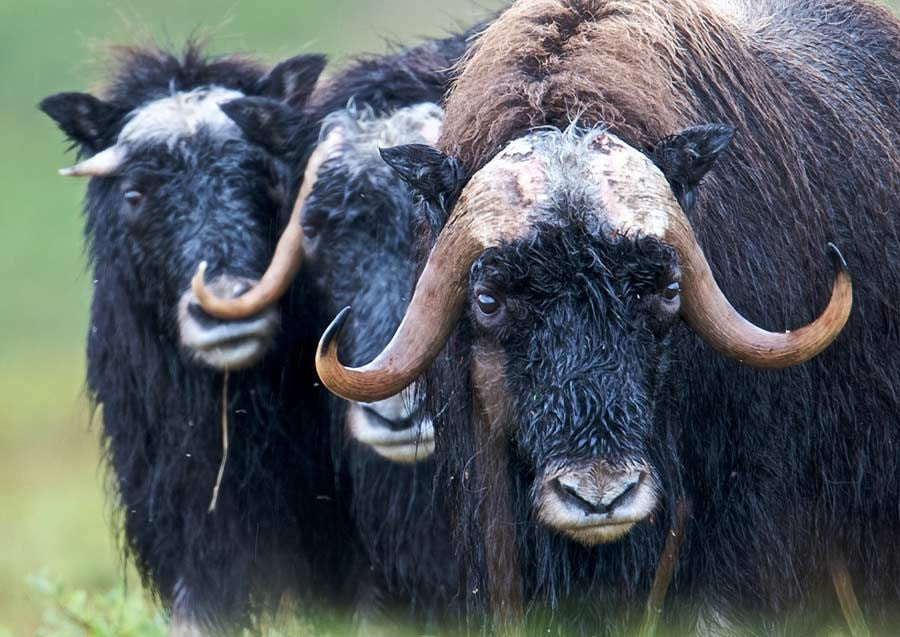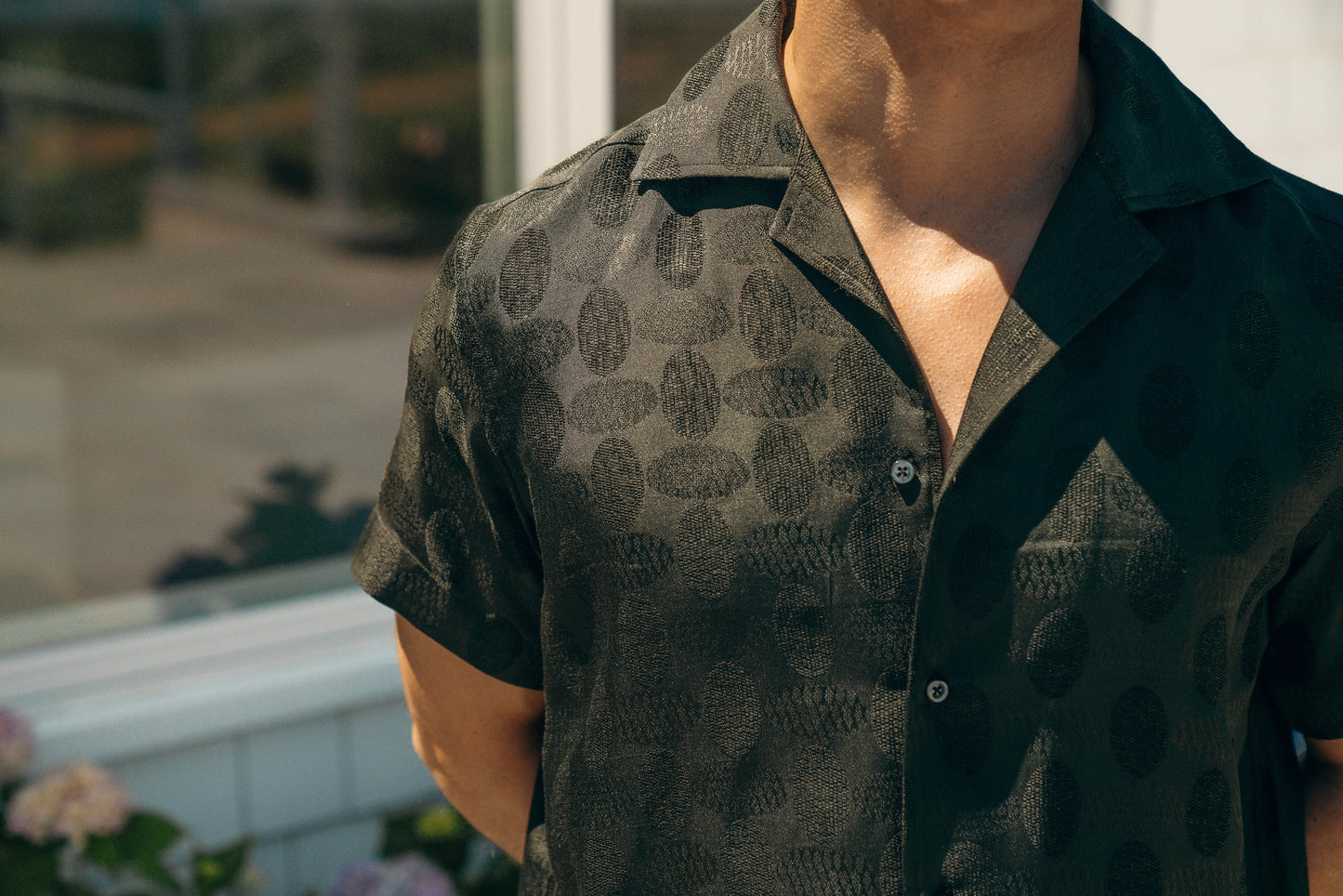Now, you might be thinking, "Wait, aren’t musk oxen endangered?" Fortunately, they aren’t, and the process of gathering qiviut is about as kind as it gets. Musk oxen naturally shed their soft undercoat every spring. This means that no one’s out there shearing or shaving these majestic beasts; instead, local communities in the Arctic simply collect the fiber after it's been naturally shed. It’s like picking up golden tickets to warmth and luxury off the ground—if those tickets also happened to keep you ten times warmer than wool.
Qiviut is eight times warmer than sheep's wool and incredibly soft, without that annoying itch you might associate with other yarns. We're talking in the 11-14 micron range here. Plus, it's durable enough to last a lifetime, which is good because once you've worn a qiviut sweater, you might never want to take it off. And unlike some natural fibers, it won’t shrink when washed. Just hand wash it in cold water, lay it flat to dry, and you’re good to go—if you're lucky enough to find one, that is.
So, if you’re looking to stay toasty without compromising your ethical values, qiviut is the yarn for you. It's like wrapping yourself in a cloud made of warm hugs, all while knowing you're supporting sustainable practices and not irritating any animals in the process. When it comes to warmth and ethics, qiviut isn’t just a winner; it’s in a league of its own.
Unfortunately, Musk oxen can’t be domesticated in a way that allows companies to scale production like they do with sheep or goats. Musk oxen are free-roaming, and there simply isn’t enough qiviut to make their fiber a viable option for large-scale cultivation. You literally have to follow them around and brush them when spring arrives. However, if you find yourself in northwestern Alaska or around the Arctic Circle, you might just find a sweater or beanie that's perfect for you.




